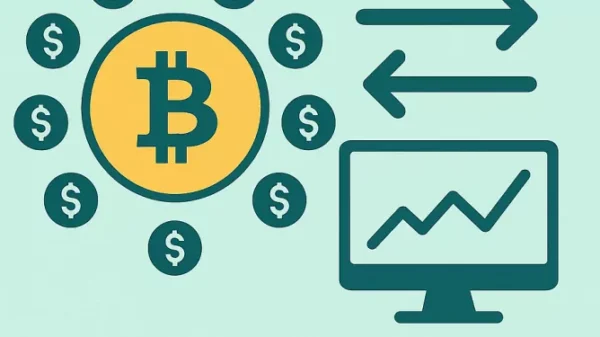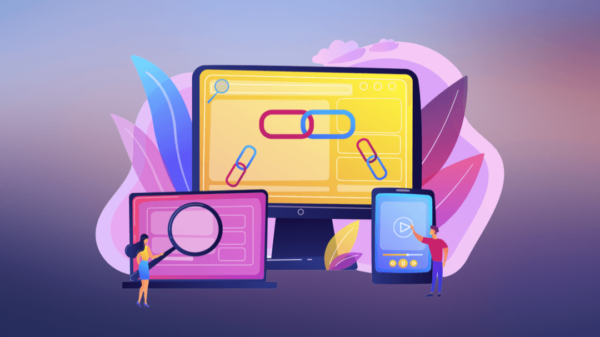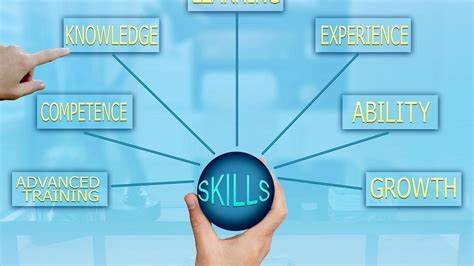The workplace is an evolving ecosystem constantly shaped by technological advancements, cultural shifts, and, most recently, global events that have accelerated the adoption of new skills and competencies. For the modern professional, the concept of ‘upskilling’ has quickly transitioned from a buzzword to a vital personal and professional growth strategy.
Why Upskill?
The speed at which industries transform means that what is cutting-edge today could be obsolete tomorrow. With this in mind, the rationale for continuous learning becomes evident. Upskilling ensures that your skill set remains not just current, but also future-ready. It arms you with the tools to tackle new challenges and opens doors to opportunities that you may not have considered previously. To an employer, a team well-versed in the latest skills equates to innovation, higher-quality work, and ultimately, a more competitive business.
The Evolving Job Market
We live in an age where jobs are constantly being redefined or replaced by automation and artificial intelligence. Therefore, staying marketable is not just about doing your job well but about being ready to transition into the roles of the future.
Mutual Benefits
For the employer, investing in upskilling programs builds a robust workforce and increases the longevity of employee retention. When a company fosters a culture of learning and growth, it attracts top talent who are looking not just for a job but a platform to enhance their career paths.
Identifying Your Skill Gaps
Understanding where you stand and where you want to be is critical in navigating a path towards upskilling. Here, we’ll dig into the methods that help you pinpoint areas for growth.
Self-Assessment
Look inward to determine your strengths and weaknesses. Various self-assessment tools, such as SWOT analysis, can provide a structured approach.
Industry Relevance
Take stock of what’s happening in your field. Are there new tools, methodologies, or trends that are causing a significant shift in what’s required to be successful? For instance, getting an IT Specialist Cybersecurity Certification would be a valuable addition to your skill set if you’re in the tech industry.
Strategies for Continuous Professional Development
Once you’ve identified the areas that need work, it’s time to formulate a plan for continuous learning.
The Formal Route
Consider enrolling in formal education programs. Whether it’s a degree, a certification, or an online course, these tangible credentials can be the stepping stones to career advancement.
Informal Learning
Informal avenues such as mentorship, networking, and books can sometimes provide the insights you need to take your skills to the next level. These methods are often flexible and tailored to fit around your existing work and life commitments.
Overcoming Common Challenges
Even with the best intentions, the road to upskilling can be fraught with challenges.
Time Management
Finding time for personal development can be challenging. Discover techniques to prioritize learning within your daily routine without sacrificing your current work demands.
Maintaining Motivation
Stay motivated by tracking your progress, setting achievable milestones, and reminding yourself of the ultimate goal. Additionally, surround yourself with a network of peers who are on a similar path to encourage continued learning.
Implementing Your Plan
Having a plan is one thing; executing it is another. Here, we’ll look at ways to make sure you stick with the program.
Setting Goals
Define clear, measurable, attainable, relevant, and time-bound (SMART) goals. These serve as a compass, guiding you along your learning trajectory.
Tracking Progress
Continuous feedback on progress is essential. Adjustments to your approach may be necessary, based on what’s working and what’s not.
Conclusion
The future of work is leaning towards positions that require more than just singular sets of skills. Being adaptable and eager to learn new competencies will not only make you a more valuable employee but also ensure that you have a fulfilling and varied career. It’s a lifelong pursuit that reflects the new normal of the workplace. Now is the time to start—because when it comes to upskilling, there’s no better time than today.




























































